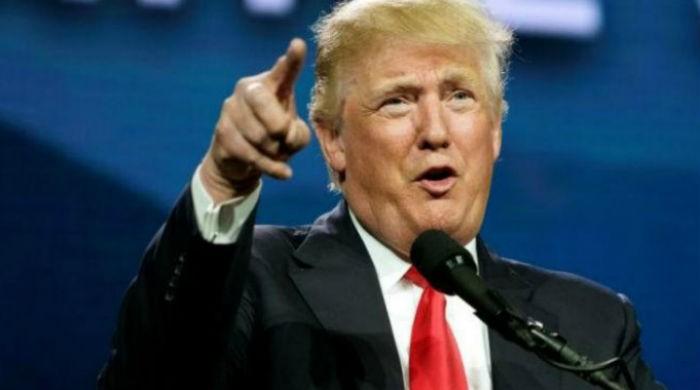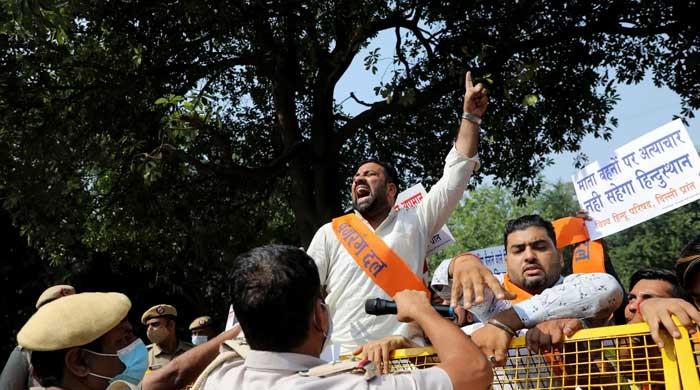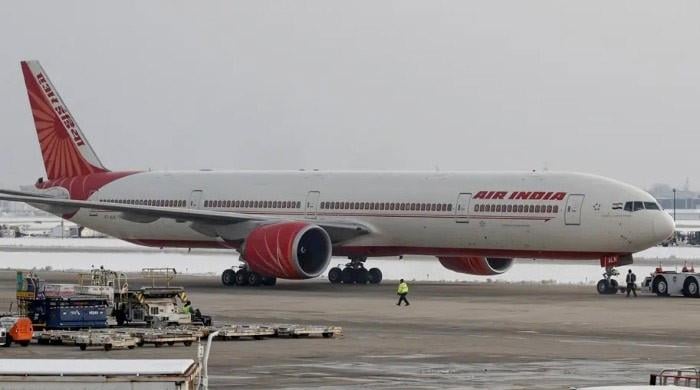How Trump’s anti-Muslim comments were used as evidence in court against travel ban
A US district judge opines Trump's anti-Muslim rhetoric worked against him in court
March 16, 2017

No amount of diplomatic language and fancy words could help Trump’s “Muslim ban” from being struck down by US courts. A US district judge in an opinion piece said that the no-barred-hold comments by the US president and his senior advisers about Muslims and Islam is what worked against them.
“Before the initial executive order was even issued, opponents had pulled together a list of public statements by Trump and his surrogates calling for a “Muslim ban” and blaming Islam for the nation’s problems. The states that challenged the order in court did the same, saying the remarks were evidence that the administration intended to discriminate against Muslims,” a Washington Post article said.
US government representatives had, however, argued that the court consider only the language written in the revised travel ban order to rule whether or not it is unconstitutional.
US District Judge Derrick K. Watson’s comments are important in that it’s the first time a judge has openly said that the ban, in fact, is a Muslim ban.
“These plainly-worded statements, made in the months leading up to and contemporaneous with the signing of the Executive Order, and, in many cases, made by the Executive himself, betray the Executive Order’s stated secular purpose,” Watson said in his piece.
Government lawyers hit back saying that Watson is no one to probe the “veiled psyche” and “secret motives” of policymakers. He should avoid a “judicial psychoanalysis of a drafter’s heart of hearts,” they said.
The revised travel ban proposed barring all refugees from entering the US for 120 days and halting the granting of new visas for travellers from six mostly-Muslim nations: Iran, Libya, Somalia, Sudan, Syria and Yemen for 90 days.
Iraq was dropped from the list in the second order, which also explicitly exempted legal permanent residents and valid visa holders.
Trump and his top cabinet members—Secretary of State Rex Tillerson, Attorney General Jeff Sessions and Homeland Security Secretary John Kelly—claimed the travel ban is necessary to keep extremists from entering the United States.
But critics said the order was still essentially a ban on Muslims coming to the United States, and therefore unconstitutional because it singles out people of a certain religion for discrimination.
The first version of the order triggered howls of protest at home and abroad as well as chaos at US airports as people were detained upon arrival and either held for hours or sent back to where they came from.
Since September 11, 2001, the worst attacks in the United States have been committed either by radicalised Americans or by people from countries not on the Trump travel ban list.
Critics also argued that it would have had a very negative effect on schools and universities and the business world, mainly the high-tech sector, which employs many highly skilled immigrants.
Additional reporting by AFP









